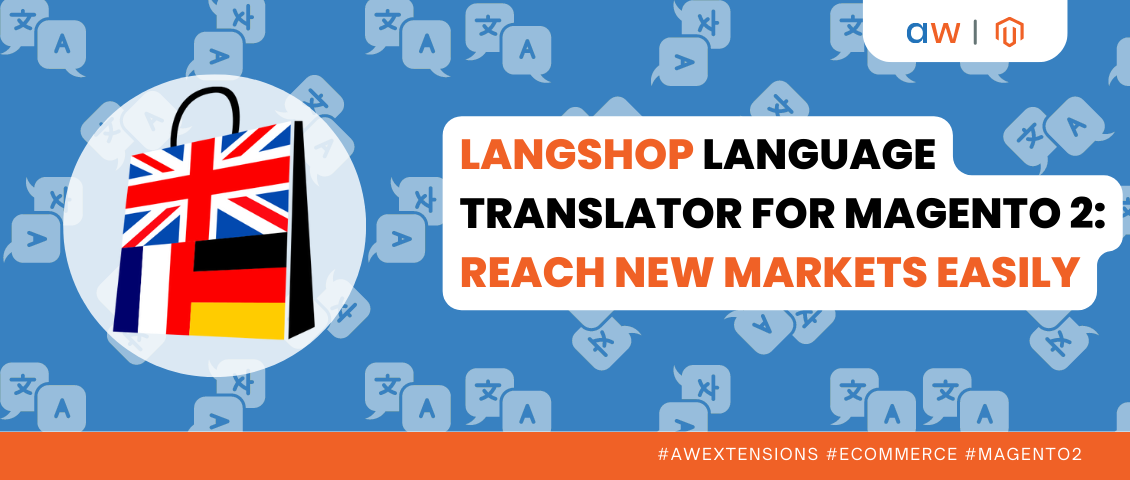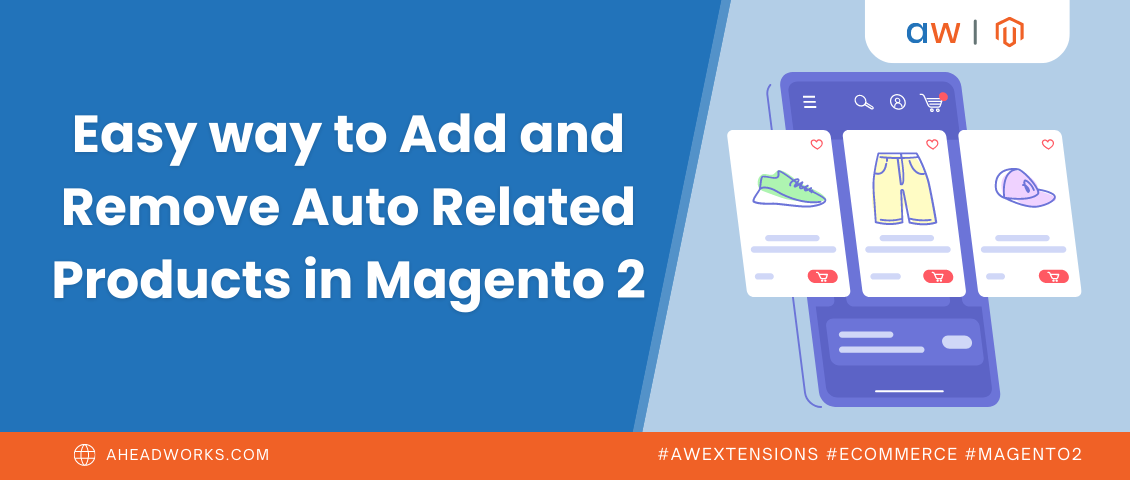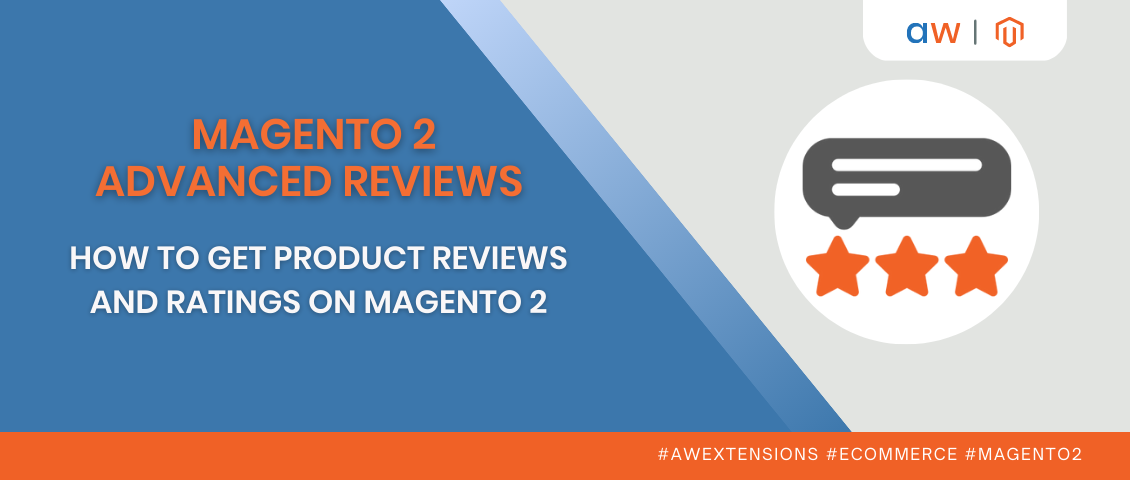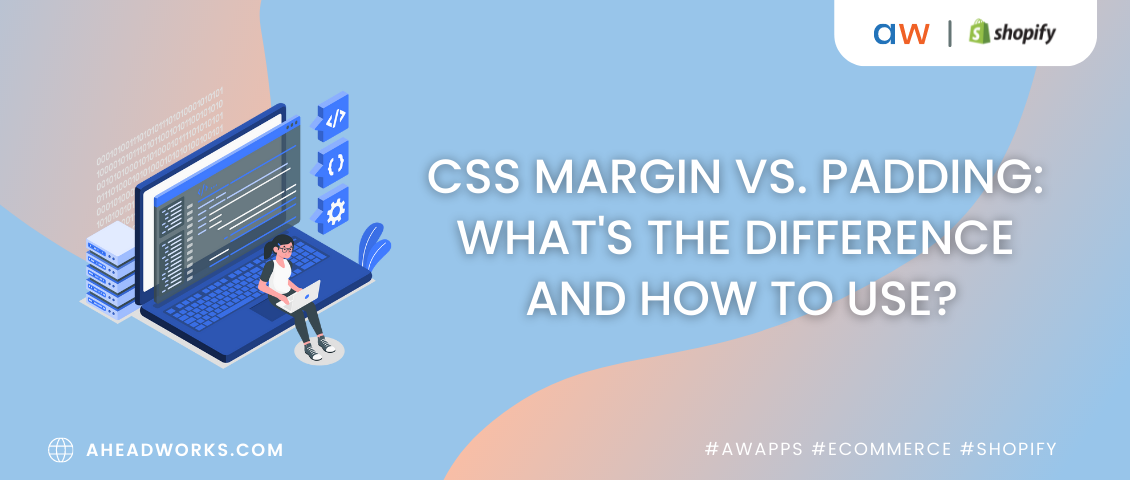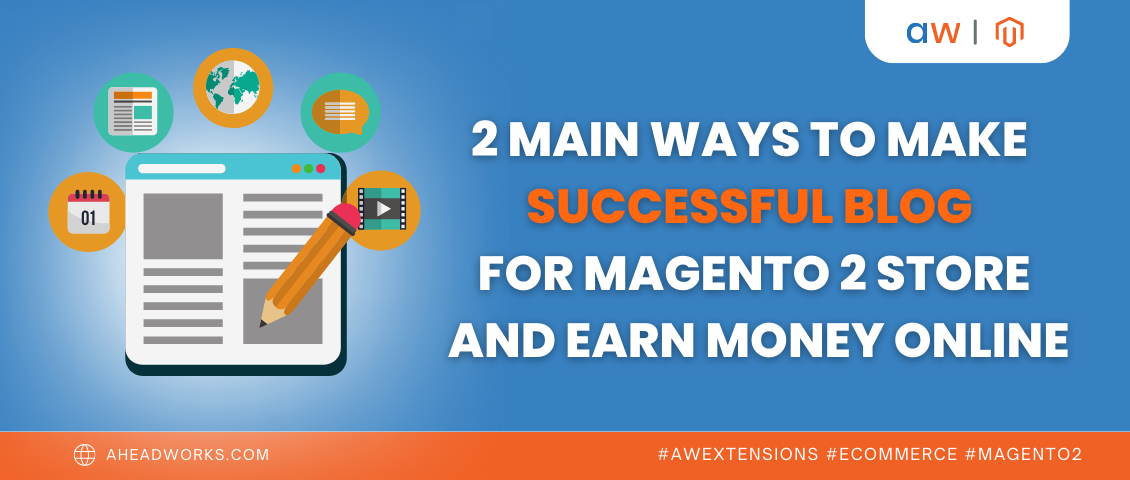
2 Main Ways to Make Successful Blog for Magento 2 Store and Earn Money Online
Categorized as : Ecommerce and Magento 2 Extensions
Blogging is a quite new trend that has gained popularity in the new millennium. In today's labor market, blogging has become commonplace. The bloggers share their videos or blogs through personal channels or websites and inspire others to follow the opinions and actions introduced. But in modern blogs there is another value meaning that prevails in self-expression. Namely, with the rise in popularity of e-commerce, blogging has become a special tool for marketing and business scaling.
It doesn't matter what product or service your ecommerce business specializes in. And of course, having a blog is not a requirement for a successful online store, but blogs can incredibly increase your ecommerce sales. Another benefit to look out for is improving business-customer relationships by building a distinct community.
What is an ecommerce blog?
An ecommerce blog is a professionally written and published article that contains specific topical thoughts and conclusions. Typically, this is dedicated to several purposes:
- Provide the customers with valuable information, increasing their involvement in the product;
- Promote products or services produced or distributed by your ecommerce business;
- Increase brand value and make it popular among competitors.
A blog is one of the most convenient ways to increase your ecommerce sales and website traffic. A successful blog attracts with the content, and the reader discovers new information. Thus, blogs should have their own functions and invite readers to other sections of the site through embedded links that advertise a particular service or product.
In other words, an ecommerce blog draws attention to a specific purchase hidden in easy on the head text.
Why do you need a blog for your ecommerce business?
Let's discuss some of the reasons that can help you weigh up whether adding a blog to your ecommerce business is beneficial.
- Search Engine Optimization.
A blog is one of the most effective free methods that can help you drive more traffic to your ecommerce site. Adding a blog to your ecommerce site will drastically increase the amount of content your site contains. The more content you have, the more your website will be indexed and the more potential customers will find your site organically. For best results, include popular keywords in your blog posts. - Develop your brand.
Blogging gives you the opportunity to connect with your audience and give them an idea of who you are and what you stand for. First of all, your customers are emotional people who want to get to know you and your brand. And the more they know and understand you and your brand, the more likely they are to do business with you. Your other marketing skills and methods don't allow you to connect with your audience the way blogging does. - New ad space.
Even if you use email marketing for your ads where you share news, your new blog will be a great place for your customers to get your latest news and updates. Here you can announce everything: new products, answers to your most frequently asked questions, special offers, or something new about your company that you would like to share. - Create your online community.
Many blogs allow customers to comment on their blog posts, which makes them feel like part of a unique online community. As with social media, make sure you actively respond to all comments and messages.
And don't worry about adding negative comments or spamming, because you can set up your blog in such a way that you can approve all third-party comments before they are published. - Free marketing platform.
A blog is a very effective form of free marketing regardless of your marketing budget. Of course, you can pay to promote some of your blog posts, but each post will attract a steady stream of natural traffic. Some posts will be relevant for months and others for years, but the traffic they drive requires nothing more than spending your time to create the blog post.

2 main ways to make successful blog for Magento 2 store
Since the Magento ecommerce platform does not include blog functionality by default, we have prepared two solutions for this gap. A blog can be presented in the Magento 2 online store in two ways, which we'll cover below.
- Magento 2 Blog Extension
Blogging on a Magento 2 site is a great intention. By adding interesting articles to your website, you help customers discover something new, interesting, or entertaining in your store, in addition to buying products. Consequently, they return to your Magento 2 storefront more often. In addition, you improve your current ranking by making your store more reliable in terms of search engines. As a result of blog extensions, Magento 2 improves SEO, conversion rates, and loyalty.
We recommend to use AheadWorks Magento 2 Blog extension for your Magento 2 online store.
This Magento blog extension has been specifically designed to create engaging content and manage it easily, and all of its features have been designed in line with industry best practices.
Our extension comes with a feature rich content editor that includes all the necessary writing and design tools so you can easily create compelling content. In addition, you can include images and various media in your articles, assign posts to specific categories, enable/disable comments, schedule a post, specify tags, and more. It also provides a user-friendly interface in the backend with all publishing options gathered on one page.

In addition, the module implements all the best practices for optimizing blog pages for search engines. With the blog extension, you can easily create SEO optimized URLs, set canonical tags, include all blog posts in an XML sitemap, and add metadata and title affixes to each author post and page.
Content navigation of this Magento 2 Blog extension provides one of the most convenient ways of traveling through various categories, tags, and sidebar blocks.
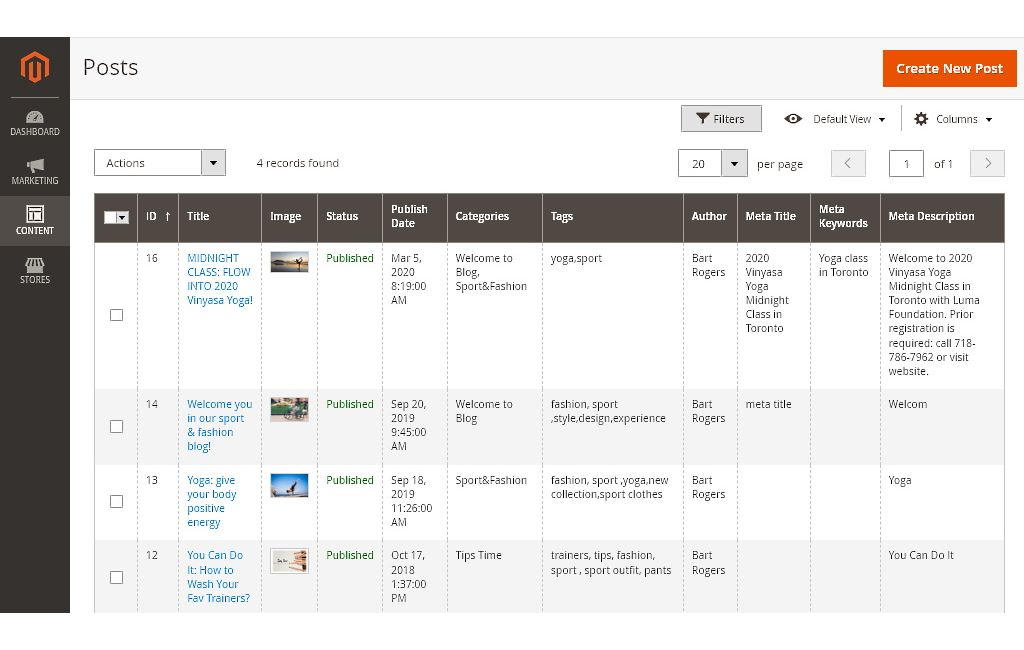
Additionally, for your convenience, we offer 24/7 customer support as well as understandable manuals that you can use to realize Magento 2 blog extension - number one extension for your Magento 2 store.
- Magento 2 WordsPress integration.
The world famous WordPress is an efficient content management system designed for blogging.It allows you to install various themes, widgets, plugins and galleries to enhance every aspect of customization and visualization. It also has a user-friendly interface, so content management is quite easy.
But since WordPress is a separate platform, this means that you will have two different platforms for maintaining the blog and WordPress itself. For your convenience you can use additional extensions such as FishPig that allows connecting WordPress directly to the Magento 2 platform.
Of course, it gives you the opportunity to apply all the features of WordPress and create a unique design for your ecommerce blog. But since Magento 2 and WordPress act like completely different websites, they run different databases. Users have to register twice (in the store and in the blog) to get access to all the materials, unfortunately, this is not the best user experience model. It's also worth noting that websites don't use the default search, so users who search for something in an online store will only see results for a product, not a blog post about that product.
Obviously, developing a website on a separate domain does not attract a lot of traffic. And here it is better to use the following tip: use links in the content that lead to the products on your store to increase the traffic.
Despite its popularity and all sorts of features, here we are faced with the question of usability. But in any case, it's up to you and your desire.
To sum up
The proper blog can help in many areas. From increasing brand engagement, customer feedback, engaging them in conversations with each other, and even encouraging others to buy products.
And now you need to consider all the possible options for your Magento 2 store and decide what suits you more - Magento 2 blog extension extension or WordPress platform.





